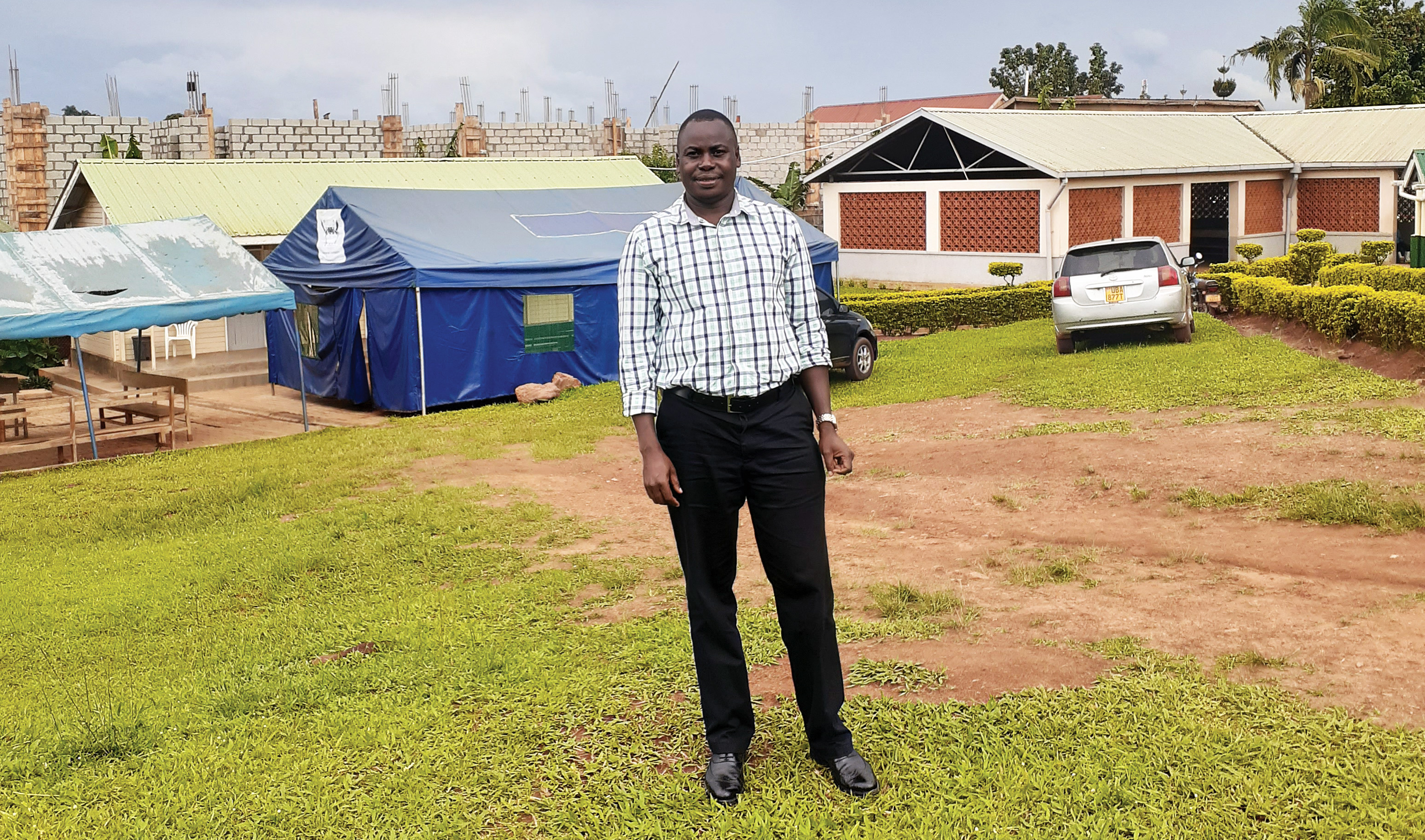Ph.D. student and Fogarty Global Health Fellow Charles Osingada remembers attending the rural funeral of a relative around 2000, when he had just completed his bachelor’s degree in nursing at Makerere University in Kampala, Uganda.
“I went home for a burial, and as I listened to people talking about the disease and how he struggled, I noticed that nobody was saying exactly what killed him. Even the children did not say anything about what killed their father,” Osingada recalls. “I asked around, and I was informed that he died of an HIV-related illness.” He suspected the stigma and silence around his relative’s diagnosis may have shortened his relative’s life.
“It made me think, how many such families existed in Uganda? How many people tried to avoid talking about this issue” – with likely implications for treatment and prognosis? “I wanted to understand, how big was this problem in Uganda, and in the region?”
Osingada combed the existing literature and found that no one was studying parents’ disclosure of HIV positive status to their children. That lack of knowledge, he realized, had implications for patient outcomes. “Number one, people are not able to openly seek treatment,” says Osingada. “And it affects even those who are receiving treatment, because they are hiding, and probably cannot adhere to their medication, and they may be suffering psychological issues because of the distress that comes with keeping HIV status a secret.”
That experience helped set the course for Osingada’s career.
